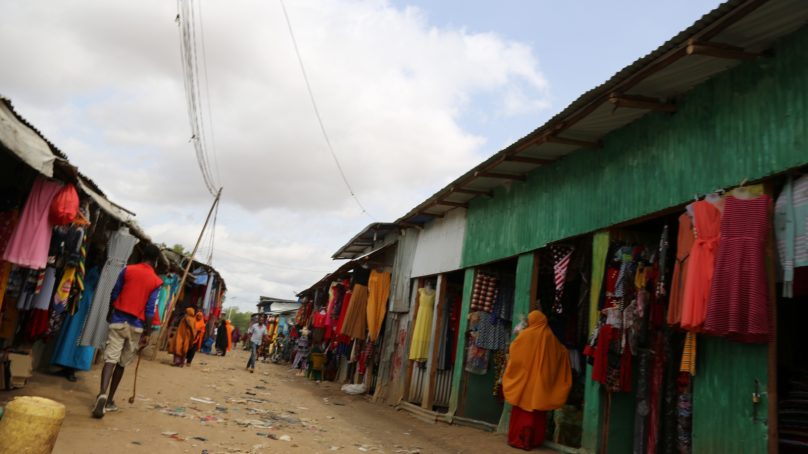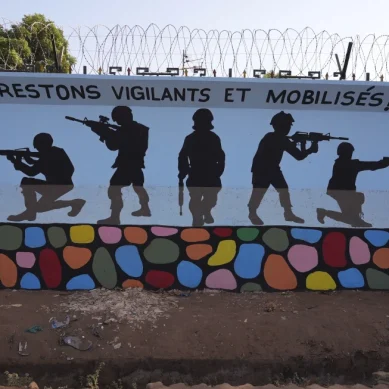
The Africa Enterprise Challenge Fund (AECF) and its partners International Finance Corporation (IFC), a member of the World Bank Group, the United Nations High Commission for Refugee (UNHCR) and the Turkana County government have launched a global competition for private sector and social enterprise projects to support investment, development and job creation in northern Kenya’s Kakuma refugee hosting area.
Innovative businesses and social enterprises from around the world are invited to submit proposals for private sector projects at Kakuma, home to roughly 300,000 people of different nationalities, almost 200,000 of whom are refugees and asylum seekers. T
he competition, run by AECF, will accept applications from November 10 to December 22.
Winning entrants will be awarded performance-based grants and given technical support to implement commercially viable and sustainable projects that have the potential to raise incomes, provide goods and services, create jobs and improve living standards in both the Kakuma camp and the adjacent host community.
The competition is open to entrants from all sectors but with a focus on renewable energy, agribusiness, and financial services for private firms. Social enterprise project submissions should prioritise the water, sanitation, recycling, or childcare sectors.
The competition is being implemented through the IFC/AECF Kakuma Kalobeyei Challenge Fund. The performance-based grants will also require co-financing on the part of the winning businesses.
AECF Chief Executive Officer Victoria Sabula said, “We are very happy at AECF to be a partner to this innovative programme that will bring new opportunities to people in Kakuma. AECF is dedicated to supporting businesses in places that are seen as riskier for commercial investors. We look forward to seeing the innovations this fund inspires and working with the competition winners as they transform lives and livelihoods.”
Jumoke Jagun-Dokunmu, IFC Regional Director for Eastern Africa, said, “Refugees rely on humanitarian aid for immediate support, but the private sector has an important role to play providing longer-term development solutions and opportunities. This competition aims to nurture the business opportunities that abound in the Kakuma refugee hosting area, support job creation and help global businesses deliver quality goods and services to the roughly 300,000 people who live there.”
UNHCR Representative in Kenya Fathiaa Abdalla said, “The KKCF, in line with the Global Compact on Refugees, has the potential to attract more resources from the development and private sectors, which will provide new economic opportunities and competences to refugees and the communities hosting them by investing in jobs, entrepreneurship and innovative solutions.”
Turkana County Governor Josphat Koli Nanok said, “Turkana County’s emphasis is to create opportunities and a conducive environment so that private sector investments will benefit both refugees and the local community. At least three per cent of GDP of Turkana comes from refugees, underscoring the economic strength and opportunities there. IFC, UNHCR, and AECF are our good partners and through this competition we welcome businesses from around the world to invest in projects in Turkana that will support development and create jobs.”
The five-year, $25 million KKCF initiative is jointly implemented by IFC and AECF, in partnership with UNHCR and the Turkana County government and is supported by the European Union, KfW, SDC, FCDO and the government of The Netherlands. It was designed to support private sector investment and unlock the economic potential of refugees and those living in the surrounding host communities in Kenya’s Turkana County.
IFC’s groundbreaking Kakuma as a Marketplace study, published in 2018, helped change the perception of refugees by highlighting the development possibilities, entrepreneurial spirit, and market opportunities found in the Kakuma camp.
- A Tell/APO Group report











